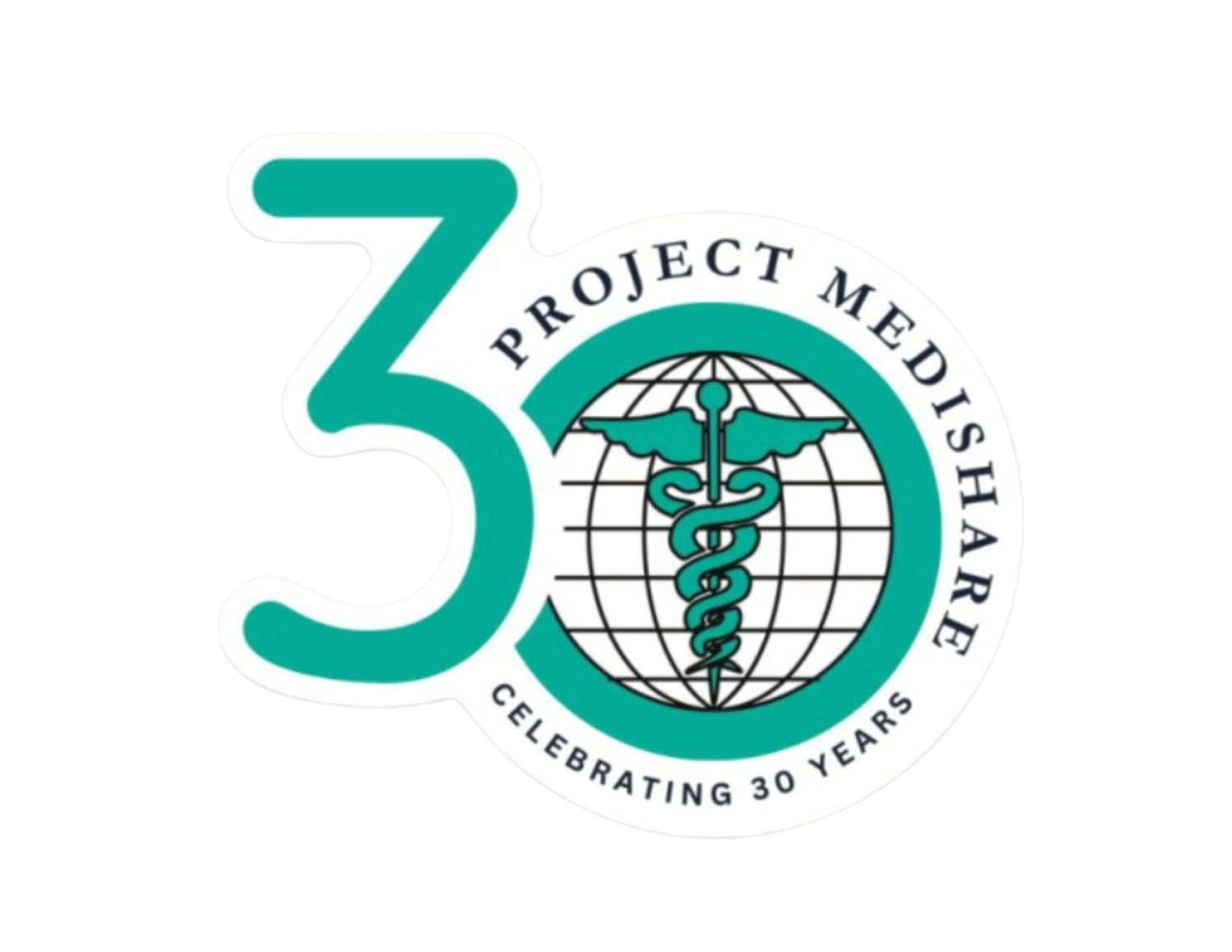Volunteer Interview: Dr. Priya Tanna
Dr. Priya Tanna first volunteered in Haiti when she was a third year Pediatric resident, and later returned twice as an Attending Physician. Although a few years have passed since her time volunteering, Dr. Tanna was able to re-connect with Project Medishare for Haiti when she generously chose to list us as a beneficiary on her wedding registry earlier this year.
We are so thankful that Dr. Tanna chose to honor her time in Haiti during such an important event in her life. Her guests donated funds that will benefit our Orphans and Vulnerable Children program. Continue reading to learn more about Dr. Tanna and her time in Haiti.
How did you find out about volunteering with Project Medishare?
Global health has always been an interest of mine and something that I have wanted to prioritize and focus on in my career. While completing my pediatric residency at the University of Florida, I had an opportunity to complete an International Elective for 4 weeks. As I researched and learned about Haiti, it’s past, and it’s hope for the future in terms of sustainable healthcare programs with the support of Project Medishare, I felt as though this was an important and special opportunity to contribute to something essential.
Describe your experience in Haiti.
During my first experience in Haiti, I was there for 4 weeks. I spent 2 weeks at Hospital Bernard Mevs in Port-au-Prince, and 2 weeks in the Central Plateau region. This allowed me to get an idea of urban vs rural medicine in Haiti and the broad spectrum of pathologies, presentations, and healthcare needs.
While at Bernard Mevs, I stayed at the hospital in the volunteer quarters. I was surrounded by a large group of volunteers from all over the United States and Canada with different backgrounds. This included nurses and physicians from various specialties, respiratory therapists, pharmacists, and technicians. Given that I was a pediatric resident and that Hospital Bernard Mevs had a pediatric residency program, I worked alongside 3 other pediatric residents from Haiti. We rotated through the PICU, NICU, ED, and general pediatric ward under the supervision of 2 pediatric attending physicians.
During my time in the Central Plateau, I worked at Project Medishare’s clinic in Marmont. Here, I got a sense of outpatient pediatric medicine in a rural area of Haiti and their basic and preventative healthcare needs, including immunizations, de-worming treatment, vision and hearing screenings, and malnutrition concerns.
Is there one particular moment that sticks out to you from your time in Haiti?
Spending 4 weeks [in Haiti] during my residency gave me a chance to experience health equity in a way that I never had. This brought out so many emotions and taught me so many valuable lessons, and I only hope that one day I can stay for a longer period of time.
But I think one of the best and rewarding parts of my time there as a trainee was the opportunity to work alongside and together with other pediatric trainees from Haiti. Given that we may have seen very different pathologies in our home countries at the time and dealt with somewhat contrasting ethical and clinical scenarios – it gave us the ability to learn and absorb so much from each other and help each other navigate some extremely challenging situations. And I will always be thankful for that camaraderie.
What is one thing you wish more people knew about Haiti?
Just how beautiful Haiti is. Not just in terms of it’s physical beauty, but the people and their spirit. The resilience, the strength, and the kindness of the individuals and families I was fortunate enough to meet is something that still resonates with me and inspires me to continue hopefully returning to Haiti for many years to come.
Do you have any advice to offer someone looking to volunteer abroad?
I am of course still learning and understanding the depth and complexities of global health, health disparities, and practicing effective and appropriate medicine in underserved communities. But one thing that I have definitely learned is that I need to be open-minded and willing to adapt. Adapt to the needs and reality of the community that I am practicing in. I also know that one of the best things I can do when volunteering abroad is try to be a better listener. Listen to the people who have been living and practicing in the system for so many years. Only then can I hopefully advocate and contribute in a meaningful and beneficial way.
